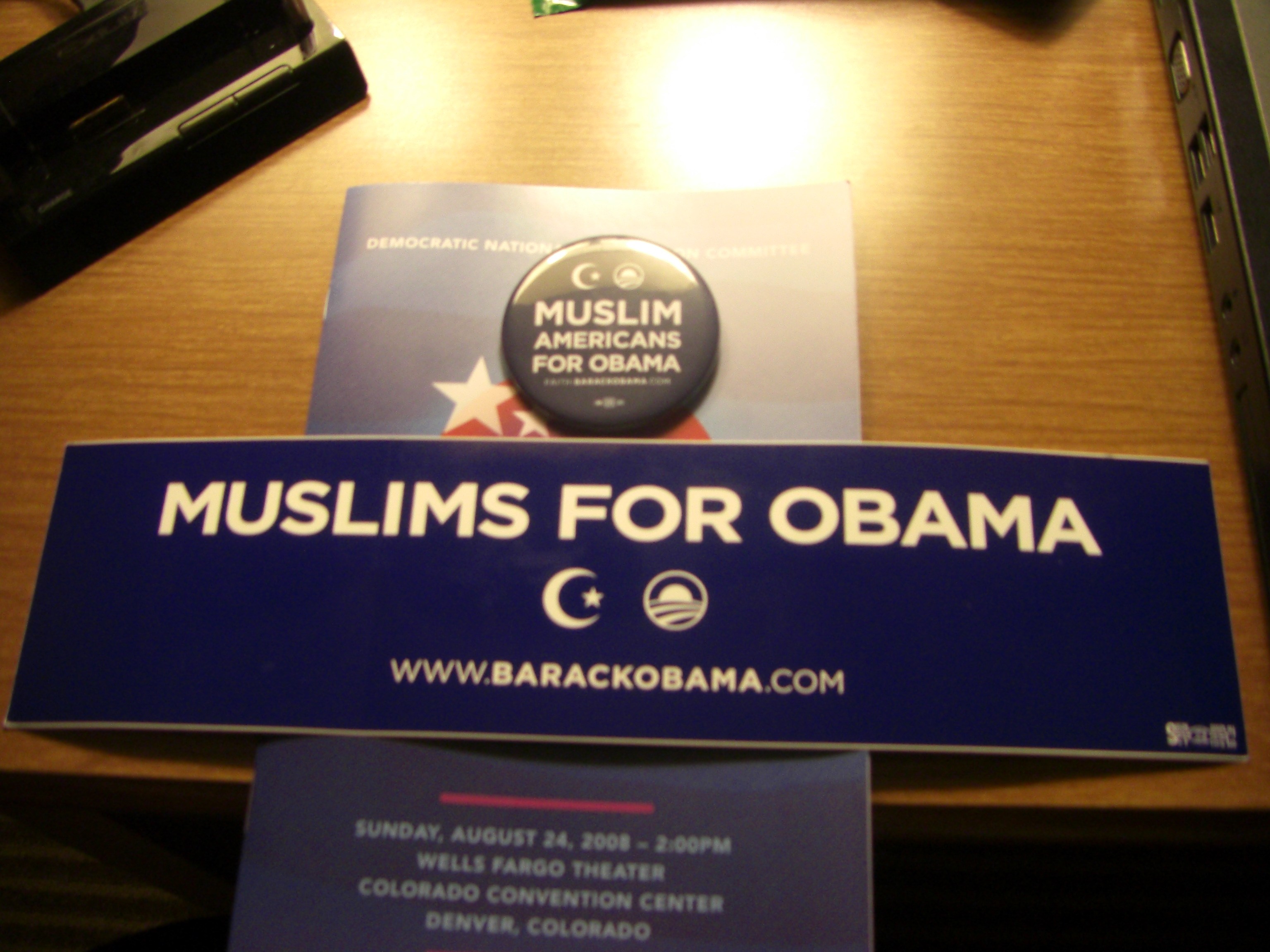Even Without The Wall, Trump Has Made U.S. Policy Much More Resistant To Immigration
President Trump and congressional Democrats are fighting over how much the U.S. government should spend on Trump’s proposed border wall, risking another government shutdown because of a dispute over immigration policy. However those negotiations turn out, though, here’s the thing: The massive wall, which Trump has said would stretch 1,000 miles across the U.S.-Mexico border, is very unlikely to be built, at least at that size. Mexico is not paying for it, and Congress is unlikely to put up much money for it.
You could call the wall’s meager prospects a major defeat for Trump, but that risks missing the point. The wall is something of an abstraction. Trump, in his two years in office, has already made U.S. policy much, much more resistant to immigration — without Congress agreeing to his wall or really any of his immigration ideas. There is no physical wall, but there are all kinds of new barriers for people who want to come to the United States and for undocumented immigrants who want to stay.
Here’s what we can measure, over the past two years:
1. Many fewer refugees are allowed into the country. The U.S. resettled about 97,000 refugees in 2016, Barack Obama’s last full year in office. (Obama made resettling more refugees a priority for his administration.) But that number plunged to 33,000 in 2017, after Trump enacted a temporary ban on refugees in his first week in office. It is likely to drop even further in 2018. Refugee resettlement declined around the world in 2017, but the drop was disproportionately big in the U.S. and partly attributable, according to experts, to Trump administration policies.
2. The U.S. now takes in very few Muslim refugees. The U.S. allowed in about 39,000 Muslim refugees in the period from October 2015 through September 2016, when Obama was president. (This data is compiled by federal fiscal year.) From October 2017 through September 2018 — the first full fiscal year under Trump — about 3,500 Muslim refugees were admitted. In the last full fiscal year under Obama, slightly more Muslims were admitted than Christians. Now, Christian refugees are much more likely than Muslims to be allowed to resettle in the U.S.
3. Immigration law enforcement is much more aggressive within the U.S. —>
Read the rest of the story HERE.







Comments are closed.